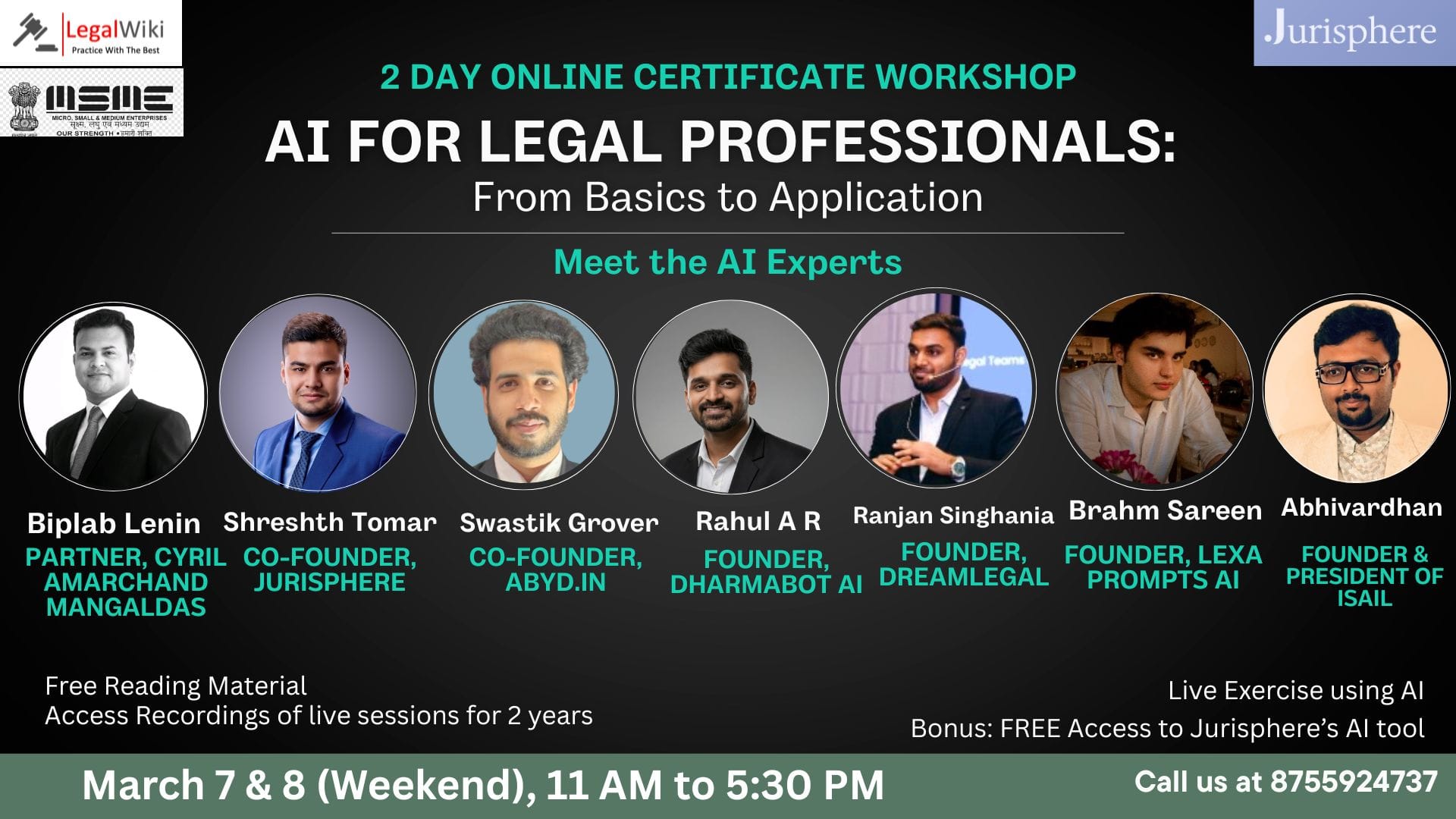Bombay High Court
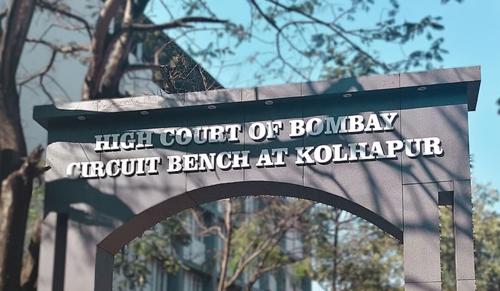
Bombay High Court Quashes PMLA Case Against Lawyer Kishore Dewani in Anil Deshmukh Matter
The Bombay High Court has quashed the money laundering case against Nagpur-based lawyer Kishore Pessulal Dewani in connection with the alleged corruption case involving former Maharashtra Home Minister Anil Deshmukh.
The Court held that the Enforcement Directorate (ED) failed to establish any nexus between Dewani’s property transactions and the alleged “proceeds of crime” under the Prevention of Money Laundering Act.
The Court noted that the land transactions predated the alleged scheduled offences, making any connection legally unsustainable. The Court also criticised the special PMLA court for issuing notice without demonstrating proper application of mind, holding that the test of “sufficient ground for proceeding” was not satisfied.
Accordingly, the complaint against Dewani were set aside.
[Kishore Pessulal Dewani v. ED & Anr.]
MananBookmark
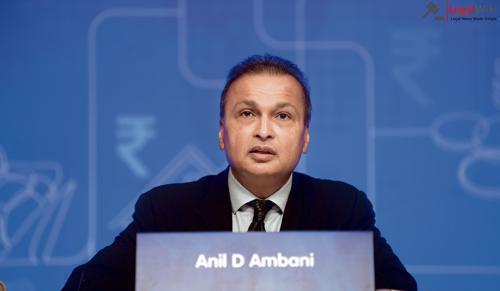
Bombay HC Sets Aside Order Restraining Banks from Acting Against Anil Ambani Under RBI Fraud Directions
The Bombay High Court has set aside a single-judge order that restrained banks from proceeding against Anil Ambani under the RBI’s 2024 Master Directions on fraud classification.
The Bench led by Chief Justice Shree Chandrashekhar termed the earlier relief “perverse” and “illegal,” refusing to stay its own ruling for four weeks.
The Court held that continuing the interim protection would perpetuate illegality.
The single judge had earlier stayed coercive steps based on a forensic audit into Reliance Communications, citing issues regarding ICAI registration of the signatory.
[Bank of Baroda v. Anil Ambani & Ors. & connected petitions]
MananBookmark
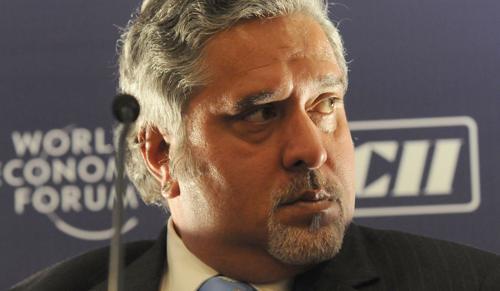
Bombay High Court to Vijay Mallya: Return to India if You Want Plea Against FEO Act Heard
The Bombay High Court on Thursday told businessman Vijay Mallya that it cannot consider his challenge to the Fugitive Economic Offenders Act, 2018, unless he returns to India.
During the hearing, Mallya’s counsel said he could not provide a definite date for return from the UK, citing revocation of his Indian passport in 2016 and restrictions imposed by a British court preventing him from leaving England and Wales or holding travel documents.
The Bench reiterated its earlier stand and directed the Centre to file its response within a week.
The matter has been posted to the second week of March 2026.
VishwaBookmark
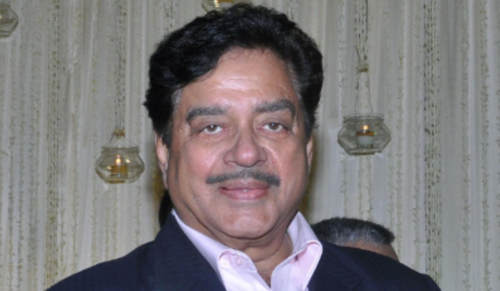
Bombay High Court Reserves Orders on Shatrughan Sinha’s Plea to Protect Personality Rights
The Bombay High Court reserved orders on a plea filed by Shatrughan Sinha seeking protection of his personality rights.
The actor and Lok Sabha MP approached the Court alleging widespread online misuse of his name, image, voice, and iconic dialogue “Khamosh” through deepfakes, content, and merchandise.
Sinha sought interim and permanent injunctions against John Doe parties, technology companies, and e-commerce platforms from commercially exploiting his persona without consent.
The plea also claims ₹20 crore in damages or, alternatively, an account of profits earned through the alleged unauthorised use.
[Shatrughan Prasad Sinha v. John Doe, Meta, & Ors.]
Thanush SBookmark
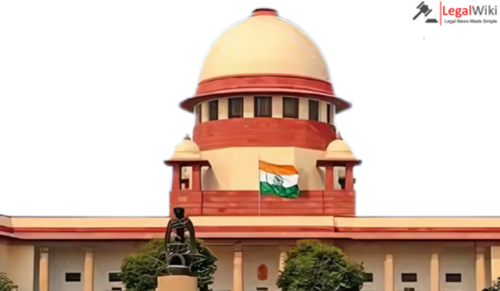
Supreme Court Dismisses Appeals in Actress Prathyusha Death Case, Upholds Abetment Conviction
The Supreme Court of India has dismissed appeals in the 23-year-old death case of Telugu/Tamil actress Prathyusha, ruling out allegations of murder and rape.
A Bench of Justices Rajesh Bindal and Manmohan held that consistent eyewitness accounts and medical evidence established death by poisoning. The Court noted that Prathyusha and her boyfriend, Gudipalli Siddhartha Reddy, had consumed poison amid opposition to their relationship, though Reddy survived.
Rejecting the defence of accidental intake, the Court found Reddy guilty of abetment to suicide for procuring the poison and directed him to surrender within four weeks.
It also termed the postmortem conducted by Dr. Muni Swamy unprofessional.
[Gudipalli Siddharta Reddy v. State (C.B.I.)]
VishwaBookmark
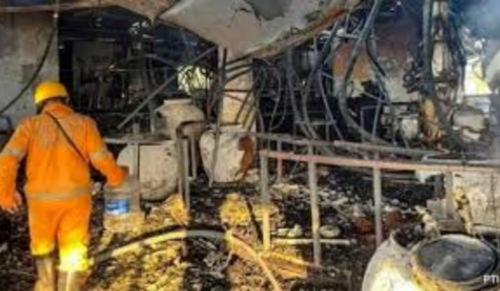
Bombay High Court (Goa Bench) Holds State, Nightclub Owners Liable in Arpora Fire Tragedy
The Bombay High Court (Goa Bench) has held that both the Goa government and the nightclub owners are liable to compensate victims of the December 2025 Arpora fire tragedy.
The Bench observed that the incident amounted to a clear violation of workers’ fundamental rights. The Court stressed that while compensation may arise under the Workmen’s Compensation Act, 1923, the State also bears independent liability.
The Bench directed panchayats to disclose licensing details over the past five years and warned that property attachment may follow to secure compensation.
The matter will be heard next on February 24, 2026.
[High Court on its own motion v. State of Goa & Ors.]
MananBookmark

Bombay High Court Clears Kanjurmarg Land Transfer for Metro Line 6 Depot
The Bombay High Court has dismissed a challenge to the Maharashtra government’s transfer of 15 hectares at Kanjurmarg to the Mumbai Metropolitan Region Development Authority for the Metro Line 6 car depot.
A Bench led by Chief Justice Shree Chandrashekhar held that the petitioner lacked locus standi, as the lease over the salt pan land had been terminated in 2004 and expired in 2016. In the absence of a subsisting right, the Court refused to exercise its writ jurisdiction.
The Court also noted that the Union government had resolved its ownership dispute with the State.
All interim restraints on the project now stand vacated.
[Mahesh Garodia v. State of Maharashtra & Ors.]
MananBookmark
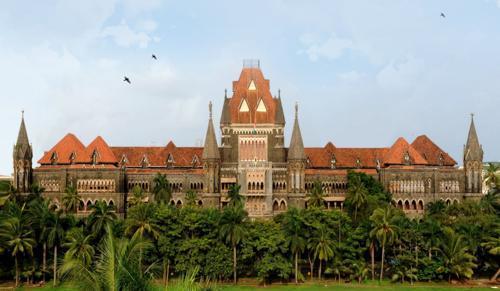
Bombay High Court Protects Future Group's Sunil Biyani from Arrest in GST Scam
The Bombay High Court granted protection from arrest to Sunil Biyani, a non-executive director of Future Group, in a GST evasion case allegedly involving over ₹1,200 crore.
The matter concerns alleged fake invoices, wrongful input tax credit, and foreign remittances routed through certain companies where Biyani was previously a director. He resigned in July 2023 and has denied any wrongdoing, stating he is willing to cooperate with the investigation.
Justice NR Borkar noted that the Central GST authority had not issued an order under Section 69 of the CGST Act authorising his arrest.
In the absence of such authorisation, the Court held that arrest could not be effected at this stage.
[Sunil Biyani v. UOI & Ors.]
VishwaBookmark
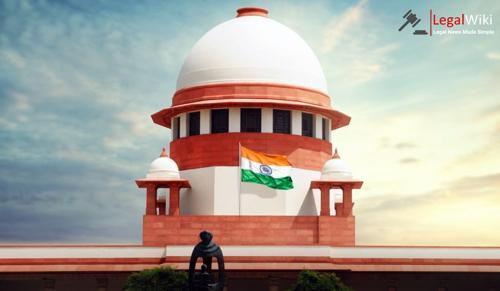
Supreme Court Rejects Abu Salem's Plea for Release on Claim of Completing 25 Years' Imprisonment
The Supreme Court has dismissed Abu Salem’s application seeking premature release on the ground that he has completed 25 years of imprisonment as per the India–Portugal extradition assurance.
Salem claimed remission for good conduct should be added to his sentence period, making him eligible for release, but the State of Maharashtra disputed the calculation.
The Court observed that whether he has actually completed 25 years must be examined by the Bombay High Court, where his main petition is pending. Salem’s plea was withdrawn with liberty to seek an early hearing before the High Court.
He was convicted for his role in the 1993 Bombay blasts and is serving life imprisonment.
[Abu Salim Abdul Qayoom Ansari v. The State of Maharashtra & Ors.]
VishwaBookmark

Promotion Under Seniority-Cum-Merit Must Follow Cadre Seniority, Not Initial Appointment Date: Bombay HC
The Bombay High Court has ruled that where promotions are governed by the principle of seniority-cum-merit, seniority must be determined within the feeder cadre and not from the date of initial appointment.
A Division Bench of Justices R.I. Chagla and Advait M. Sethna held that once eligibility and minimum merit are satisfied, promotion must follow the final seniority list.
The Court quashed the Departmental Promotion Committee’s decision, observing that executive communications cannot override statutory service rules framed under Article 309.
Promotions to Superintending Engineer were directed to be reconsidered strictly as per the Final Seniority List dated 11 September 2024.
[Bipin Vasant Shinde & Ors. v. Pune Municipal Corporation & Ors.]
MananBookmark
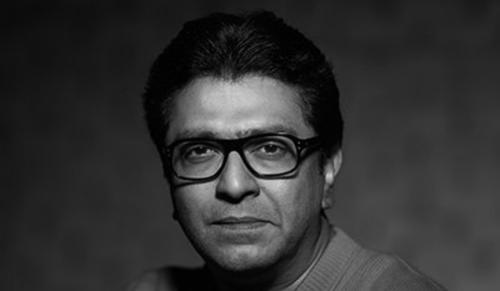
Bombay High Court Seeks Details on Hate Speech Allegations Against Raj Thackeray, MNS
The Bombay High Court has sought specific details of alleged hate speech and threats by Maharashtra Navnirman Sena (MNS) Chief Raj Thackeray and party workers, while hearing a plea filed by Sunil Shukla, National President of Uttar Bhartiya Vikas Sena.
The petition alleges that Shukla was targeted for opposing an “anti-North Indian” campaign in Maharashtra, citing instances of threats, attempted vandalism of his office, and inflammatory speeches.
A Bench led by Chief Justice Alok Aradhe sought concrete particulars of the alleged incidents before proceeding.
Shukla has sought registration of FIRs, police protection, and action against MNS, claiming violations of constitutional and statutory protections.
MananBookmark
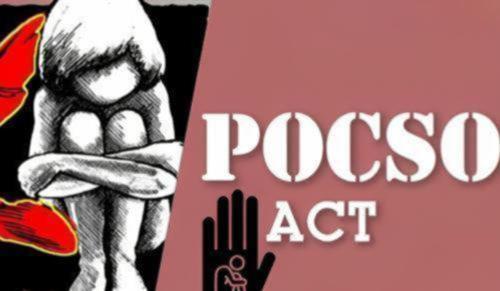
Bombay High Court Reduces POCSO Convict’s Life Sentence to 12 Years After Noting Reform Efforts
The Bombay High Court reduced the sentence of a POCSO convict from life imprisonment to 12 years’ rigorous imprisonment, while maintaining his conviction.
The appeal was filed against a 2020 order of a Mumbai POCSO court that had convicted the accused for sexually assaulting a five-year-old child and sentenced him to life imprisonment.
The Court held that the child victim’s testimony was reliable and found no grounds to interfere with the finding of guilt under Section 376 IPC and Section 6 POCSO Act.
The Court considered the accused’s young age at the time of the offence, absence of criminal antecedents, continuous custody since December 2016, and certificates showing participation in educational and reformative programmes in jail.
[Kalamuddin Mohammad Isteyar Ansari v. State of Maharashtra & Anr.]
Thanush SBookmark

Legal Services by Individual Advocate to Law Firm Exempt from Service Tax: Bombay High Court
The Bombay High Court has held that service tax is not leviable on legal services provided by an individual advocate to a law firm.
Quashing a ₹26.81 lakh demand against Mumbai lawyer Manisha Shroff, the Court relied on the 2012 mega exemption and reverse charge notifications under the Finance Act.
The Bench ruled that such services are expressly exempt and that even where taxable, liability lies on the client, not the advocate.
Recovery actions, including freezing of bank accounts, were set aside.
[Manisha Rajiv Shroff v. UOI & Ors.]
MananBookmark

Kunal Kamra, Haresh Jagtiani Challenge Centre’s Sahyog Portal Before Bombay High Court
Stand-up comedian Kunal Kamra and Senior Advocate Haresh Jagtiani have approached the Bombay High Court challenging the constitutional validity of the Central government’s Sahyog portal and Rule 3(1)(d) of the Information Technology (Intermediary Guidelines and Digital Media Ethics Code) Amendment Rules, 2023.
They argue that the portal enables unilateral blocking or takedown of online content by government authorities without issuing notice to content originators or providing an opportunity of hearing, in violation of mandatory procedural safeguards.
The petition contends that the framework grants sweeping and unchecked powers to officials, facilitates arbitrary censorship, undermines democratic discourse, and imposes unreasonable restrictions on free speech beyond Article 19(2) of the Constitution.
MahiraBookmark

Bombay High Court Constitutes High Power Committee to Monitor Mumbai Air Pollution
The Bombay High Court set up a High Power Committee comprising retired Justices Amjad Sayed and Anuja Prabhudesai to oversee implementation of its directions for addressing air pollution in Mumbai.
The case arose from suo motu proceedings after the Court found that the Brihanmumbai Municipal Corporation and the Maharashtra Pollution Control Board had failed to effectively control rising pollution levels despite repeated orders.
The Court directed the committee to scrutinise reports submitted by civic bodies, propose immediate, medium, and long-term remedial measures, and advise on framing a Graded Response Action Plan for Mumbai and Navi Mumbai.
The committee was also required to place periodic reports before the Court.
[High Court of Judicature at Bombay on its own motion v. State of Maharashtra]
Thanush SBookmark
